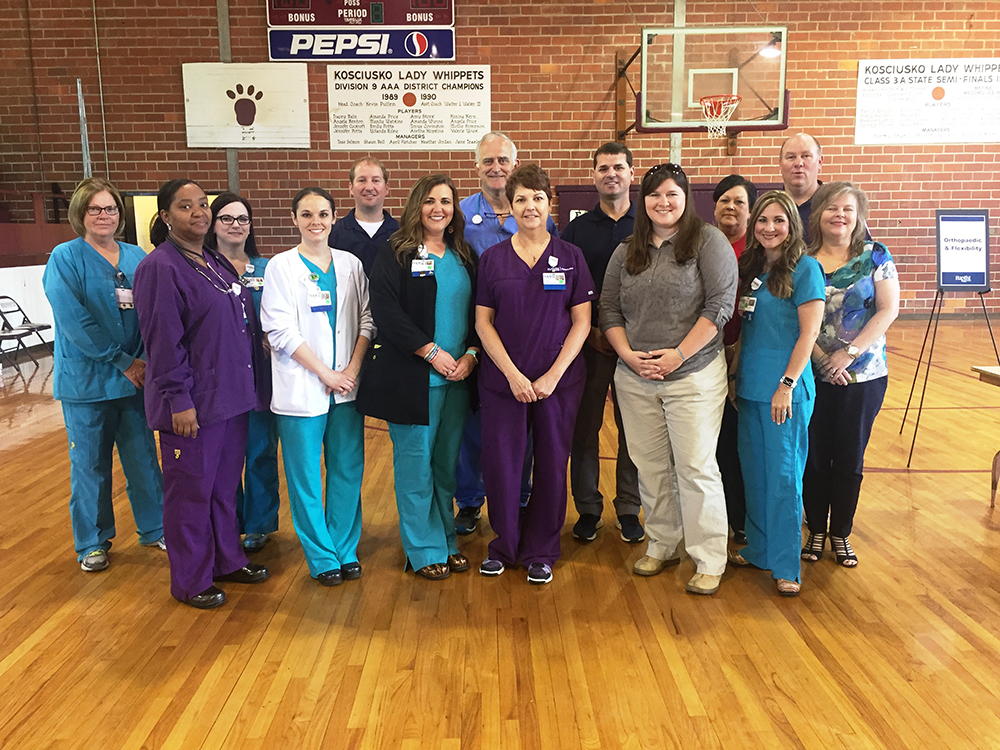Baptist Memorial Health Care’s genetic counselors provide information and support to families who have members with birth defects or genetic disorders and to families who may be at risk for a variety of inherited conditions.
Regina Nuccio, genetics director at the Baptist Cancer Center, explains how genetic counselors play a role in cancer detection.
How can genetic counselors help someone with a personal and/or family history of cancer?
Most cancer cases are sporadic, which means that they are likely caused by non-genetic factors, such as age or certain environmental exposures. However, about 5-10 percent of all cancer cases are hereditary, meaning they are caused in part by a specific genetic change that’s being passed through the family. Someone who has one of these genetic changes, called a mutation, has a significantly increased risk for certain types of cancers.
What’s the next step for those who have a genetic mutation that increases their risk for cancer?
There are many options for people who have a mutation that predisposes them to cancer. For example, if a woman has a BRCA mutation, which predisposes her to breast and ovarian cancer, she may decide to undergo increased breast surveillance, including mammograms and breast MRIs at more frequent intervals and beginning at a younger age. Or, she may decide to have her breasts and ovaries surgically removed before she even gets cancer in the first place. These types of surgeries reduce a person’s cancer risks by more than 90 percent.
What usually happens during a cancer genetic counseling appointment?
Typically, counselors will review your personal and family history, going as far back as your grandparents’ generation. They will ask specific questions about cancer diagnoses, age of onset of cancer, and age/cause of death of family members. They will draw out your family tree in picture form, called a pedigree. Counselors will then review the likelihood of a cancer susceptibility syndrome being present in the family and may offer genetic testing. Genetic counselors are also trained to pay special attention to any psychosocial needs that you and your family may have and address any unique issues in your family relating to communication of genetic testing results.
To learn more, visit the National Society of Genetic Counselors at www.nsgc.org

